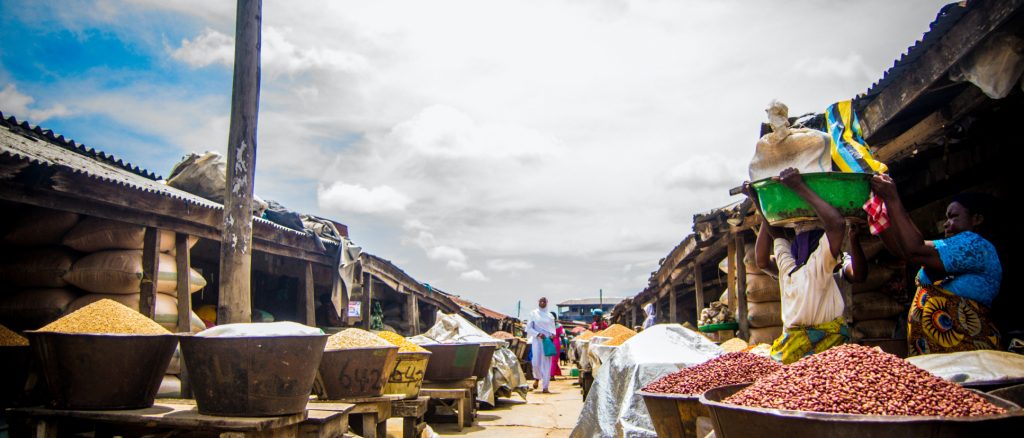Those wishing to donate to our foundation and sister organisation, the Humanitarian Aid Relief Trust UK projects listed below can do so directly on their website (https://www.hart-uk.org) or on this site and we will ensure the funds are transferred to them. In the case of the latter please ensure you have identified the country where the project is located on the form provided.
Abyei
Abyei sits along the border between Sudan and South Sudan and is claimed by both countries. It is often described as ‘the biggest flashpoint’ left unresolved when the two countries separated in 2011. There is no formal government or criminal justice system in the region. A United Nations peacekeeping mission, known as UNISFA, is entrusted with maintaining security. Abyei is home to two ethnic groups: pastoral Ngok Dinka (from the south) and nomadic Misseriya (from the north). Tensions are high between the two groups with frequent incidents of violence and deadly attacks between the two communities. Abyei’s contested status is a barrier to humanitarian access. HART has been active in Abyei since 2019. Our local partner, the Anglican Diocese of Abyei, is deeply committed to providing emergency relief, trauma counselling, education, agricultural assistance and healthcare to members of the local community.
Nagorno Karabakh
Nagorno Karabakh is often described as a battleground between two warring parties: Armenia and Azerbaijan. Each claim historic ownership of the region. It has geopolitical significance to regional powers Russia, Turkey and Iran. The territory also straddles a deep religious divide, on the border of Eastern Europe and Western Asia. For decades, this division has represented an ‘axis of instability.’ History has proved there are no quick fixes to these complex divides. Twenty seven years ago HART founded and funded the establishment of the Lady Caroline Disability Rehabilitation Centre to provide hope and healing for those injured during the Nagorno Karabakh war of the 1990s. HART remains committed to supporting the Centre’s work following Azerbaijan’s military offensive in 2023 which forced staff and patients to seek refuge in the Republic of Armenia.
South Sudan
Civilians in South Sudan have endured years of violence and failed peace agreements. Rebel groups continue to multiply along ethnic and tribal lines in localised militia. Conflict has claimed thousands of lives and driven millions to flee their homes. The people’s plight is described by experts as a ‘full-blown humanitarian emergency’, exacerbated by devastating floods and droughts, inequitable distribution of resources, economic mismanagement and serious human rights violations. HART partners with the Diocese of Wau to build local resilience in the world’s newest nation and through support for Marol Academy, which emphasises the need to promote female education.
Syria
There are no easy solutions to the problems in Syria and despite recent developments, including an announcement by the President of the United States of America on the lifting of sanctions, the recently overthrown Assad regime created one of the worst humanitarian disasters of our time, resulting in massive internal displacement and outflow of refugees, some of whom are now returning. However, it remains immensely difficult to import essential fuel, food and medicine into Syria. HART has partnered with St Ephrem Patriarchal Development Committee (EPDC) since 2018 to combat food insecurity in Maaloula and Saidnaya, two towns north of Damascus that suffered terribly during the early part of the war. Our partnership helps to empower local women to prepare and conserve excess seasonal food for vulnerable families. They purchase supplies from local markets and sell produce to generate an income. The project is celebrated among local people and has contributed to the return of displaced families, who are incentivised to re-invest in their town and to boost the local economy.
Myanmar
The Burmese people have suffered decades of repressive military rule. Democratic reforms between 2011-21 led to some opening. But military figures continued to wield much control and perpetrated severe human rights abuses with impunity. By February 2021, a violent military coup dashed any hope of democratic progress. Its impact was felt across major towns and cities, as well as the lesser-known border regions, which had already suffered years of oppression at the hands of the military regime. HART is committed to shining a light on the humanitarian and security crises in Myanmar, particularly among communities in the border regions who do not receive assistance from major aid organisations. Their plight remains out of sight of the international media. HART partners with a few key organisations to provide humanitarian aid, educational support for children in displacement camps, medical care where possible and a program to enhance gender equality.
Nigeria
The reign of terror inflicted by Boko Haram in northern states is well documented. Less well known is the escalation of inter-communal violence in the Middle Belt, where thousands of Nigerians have been killed or wounded in horrific attacks. Millions are displaced by insecurity and fear. Despite the scale and nature of the violence, it rarely hits our headlines. The crisis remains out of sight of the world’s media. Displaced families in the Middle Belt are forced to rely on aid from under-resourced local churches, small NGOs or the generosity of their extended family. HART’s partners provide emergency relief to families who would otherwise be left to fend for themselves. They provide education to children who can’t travel to school, and medical care to patients who can’t visit a hospital. Through our advocacy, HART amplifies the voice of local people. We gather first-hand evidence of oppression and injustice.
Get in touch
“HART is not just ‘another aid organisation’. We are distinctive in that we combine aid with advocacy, working for peoples suffering from oppression, exploitation and persecution who are generally not served by major aid organisations and are off the radar screen of international media” Caroline (Baroness) Cox
